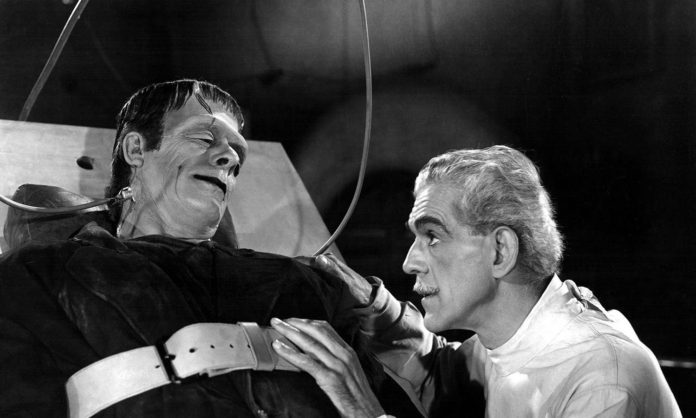Writers and readers both love stories about extra-fictional characters – beings that don’t exist in our world. Hobbits, superheroes, sparkling vampires, talking animals, Jedi Knights. You know the kind. In a post on Writer Unboxed, Donald Maass examines why we love them, even though they are not like us.
According to Maass, one reason is that fiction presents a heightened reality. “We don’t need fiction to merely capture day-to-day life,” he says. “We need fiction to elevate and exalt the terrifying adventure of living.” Further, those monsters are often – to our chagrin – very much like us. “We fear them but even more we fear ourselves,” Maass writes. “We can be overbearing, cruel and cold. We can lack reason and be driven by ego, avarice and lust. We can be mindless, unchecked and destructive. We can be inhuman…No wonder that we find gods, monsters and sentient machines in our literature. They dwell inside us.”
To write successfully about monsters, especially when the monster inside us interacts with a mythical version, we have to connect with the characters. In such cases, the humans in these stories become more monstrous and the monsters become more human, Maass suggests.
Citing some examples, Maass goes all the way back to the first science fiction novel, Mary Shelley’s Frankenstein. The monster suffers its existence, and strives to be understood. It feels lonely and longs for companionship. Even gods can be portrayed as human, as in Neil Gaiman’s American Gods, in which the old gods can’t quite match up against the new gods of American life. Monstrous humans in literature are too many to list, but include Lolita‘s Humbert-Humbert and Joe Goldberg from Caroline Kepnes’s novel You (2014).
“What makes our hopeless human condition bearable, even noble, is when we nevertheless struggle and seek to know ourselves,” Maass says. “Gods, monsters and murderbots…they’re not human but they’re a heck of a lot like us.”












